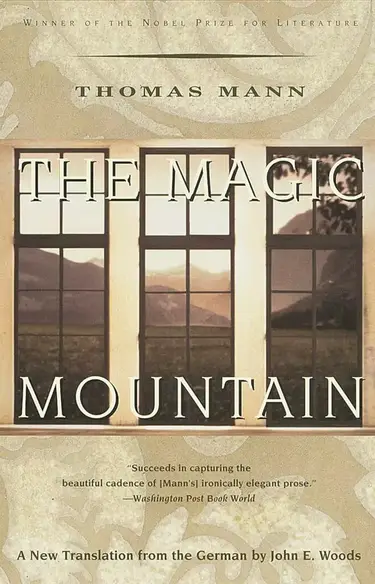The Magic Mountain

The novel's setting is an exclusive tuberculosis sanatorium in the Swiss Alps. It is a community that serves as a fictional microcosm for Europe in the days before the First World War.
Within the sanatorium, Hans encounters a diverse cast of characters, each representing different worldviews and ideologies. These include, mainly, the enigmatic figure of Naphta, a strict ideologue. Also, Settembrini, who is a humanist and advocate of reason. Also, Clavdia Chauchat, who is an alluring Russian woman who captivates Hans. Through these characters, Mann explores the contrasting forces of intellect, passion, and ideology.
The Magic Mountain also examines the concept of time and its effect on human perception. As the characters experience the slow passage of time in the sanatorium, the boundaries between reality and fantasy blur. Mann skillfully portrays the interplay between subjective experiences and objective reality. He questions the nature of truth and the reliability of individual perceptions.
Other works I've read by Mann include "Death in Venice".